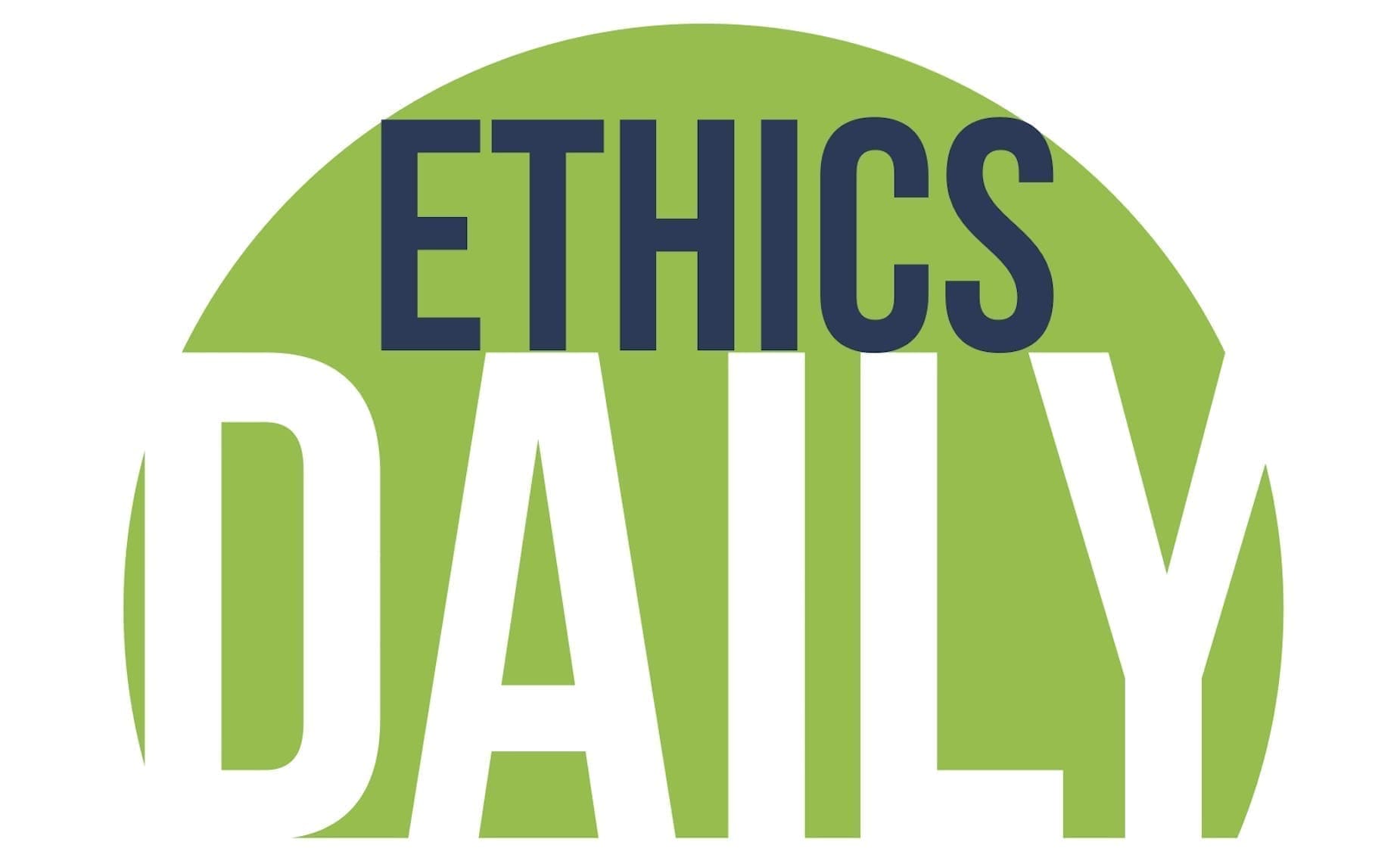Faith-based organizations play a vital role in refugee resettlement.
The U.S. State Department assigns refugees admitted to the U.S. to one of nine organizations that assist them in the resettlement process.
Six of these are faith-based groups: Church World Service (CWS), Episcopal Migration Ministries (EMM), Lutheran Immigration and Refugee Services (LIRS), the U.S. Conference of Catholic Bishops’ Migrant and Refugee Services (USCCB/MRS), World Relief Corporation (WRC) and Hebrew Immigrant Aid Society (HIAS).
“All together, the nine domestic resettlement agencies place refugees in about 190 communities throughout the United States,” the State Department explained. “Each agency headquarters maintains contact with its local affiliated agencies to monitor the resources … that each affiliate’s community can offer.”
Each agency has a resettlement network spanning the U.S., which includes local agencies and faith communities.
Robert Parham, EthicsDaily.com’s executive editor, shared recently a few examples of local churches involved in the resettlement process.
The process by which refugees are vetted and resettled in the U.S. is the most time-consuming and scrutinized of any avenues available for noncitizens to come to the U.S.
Further, according to the U.N. Refugee Agency (UNHCR), refugees cannot personally apply for resettlement or choose the country of resettlement; these assessments are made fully by UNHCR and the potential host nation.
“The entire process is conducted abroad, can take up to two years and involves eight U.S. federal government agencies, six different security databases, five separate background checks, four biometric security checks, three separate in-person interviews and two inter-agency security checks,” UNHCR explained in summarizing the vetting process.
Lack of knowledge about resettlement spurred the 84th U.S. Conference of Mayors to have a panel discussion on the topic in January 2016.
“There are nearly 20 million refugees in the world; the vast majority of these refugees will receive support in the country to which they fled until they can voluntarily and safely return home,” Simon Henshaw, principal deputy assistant secretary in the State Department’s Bureau of Population, Refugees and Migration (PRM), told the mayors in attendance.
“Someone that was trying to get into [the U.S. refugee] system would have registered as a refugee, sat around for months, sometimes years, and then be lucky enough to be one of the 1 percent; and then we run them through this very extensive system to make sure they’re not a security threat,” he continued.
Once refugees arrive in the U.S., the program focuses on making refugees “economically self-sufficient as quickly as possible” and helping them integrate successfully into U.S. society, Henshaw added.
This is where the six faith-based and three other resettlement organizations step in.
They meet weekly with State Department officials to “match the particular needs of each incoming refugee with the specific resources in a local community” and coordinate with local partners, including churches, to assess available resources and coordinate resettlement efforts.
“Resettling refugees provides an extraordinary opportunity for countless Americans to take an active part in offering a caring and supportive environment for refugees as they begin new lives,” USCCB/MRS emphasizes. “Without volunteers and resources from the community and parishes … [we] would be unable to accomplish the tremendous task of giving refugees new hope and the opportunity to begin again.”
Editor’s note: EthicsDaily.com’s documentary, “Gospel Without Borders,” addresses immigration by examining what the Bible says about treatment of the “stranger” and highlighting how faith communities are helping undocumented immigrants. A free PDF resource sheet is available here. Related articles can be accessed using the following keywords: Immigration, Migrants and Refugees.

